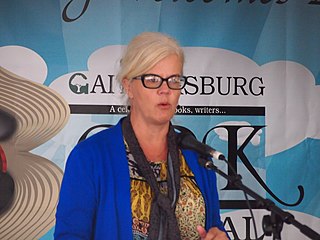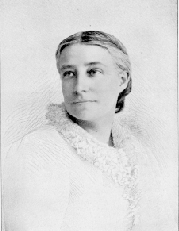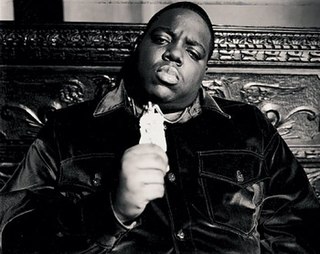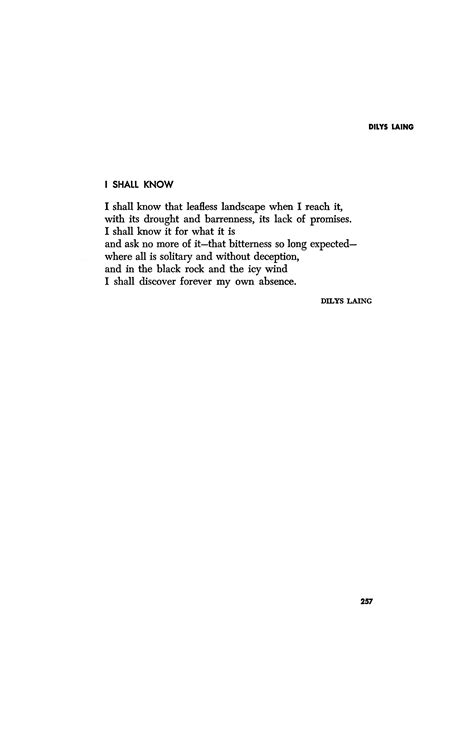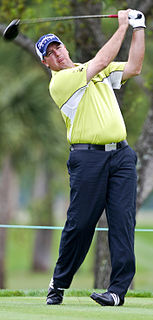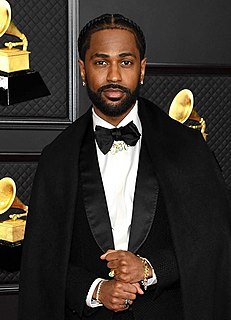A Quote by Kathleen Hanna
My mom wasn't, like, she was reading all these historical romance novels the majority of the time. She read a feminist book and then my dad would sit down and explain it to her like she was an idiot.
Related Quotes
Now, my mom did not read well and she read 'True Romance' magazines, but she read with me. And she would spend 30 minutes a day, her finger going along the page, and I learned to read. Eventually, by the time I was four and a half, she could iron and I could sit there and read the 'True Romance.' And that was wonderful.
Forever, reading has been central, the necessary fix, the support system. Her life has been informed by reading. She has read not just for distraction, sustenance, to pass the time, but she has read in a state of primal innocence, reading for enlightenment, for instruction, even. ... She is as much a product of what she has read as of the way in which she has lived; she is like millions of others built by books, for whom books are an essential foodstuff, who could starve without.
My mother lived her life through movies and books - she read everything there was to read. And she read to me every night. I never went to sleep without her reading to me. And she fantasized about the book and she would talk about it, the place, and you would think that after she read the book and after she told you stories about it, that she had actually been there. I learned about story from her, and I learned the value of a great story, and the value of great characters.
She was beautiful, but not like those girls in the magazines. She was beautiful, for the way she thought. She was beautiful, for the sparkle in her eyes when she talked about something she loved. She was beautiful, for her ability to make other people smile, even if she was sad. No, she wasn't beautiful for something as temporary as her looks. She was beautiful, deep down to her soul. She is beautiful.
The Girl of the Period, sauntering before one down Broadway, is one panorama of awful surprises from top to toe. Her clothes characterize her. She never characterizes her clothes. She is upholstered, not ornamented. She is bundled, not draped. She is puckered, not folded. She struts, she does not sweep. She has not one of the attributes of nature nor of proper art. She neither soothes the eye like a flower, nor pleases it like a picture. She wearies it like a kaleidoscope. She is a meaningless dazzle of broken effects.
I was in a store in Halifax, Nova Scotia that I love, sort of like an environmental friendly sort of store. But they had a great book section. So I went in there all the time. The woman who worked there - which I feel so bad; I've forgotten her name - she handed me the book and she said, "Hey, you should read this. I think it would make a good movie." I remember reading the back of it and I was like, "Huh." Then I just devoured the book and I was so moved by it and said, "Why don't we start developing this into a film?" So that's how it ['Into the Forest'] all started.
My mom is from Jamaica and she was going to school in the morning, and in the evening she was working, and at night she would go to night school and then come in and go to sleep. So she would never watch the news and stuff like that and she didn't know what crack was. She didn't know nothing about it, but when I told her I was selling crack, she threatened to kick me out of the house. And then I just started paying for stuff - paying her bills and giving her money, so she'd just tell me to be careful because there was nothing she could do to stop it.
I put down my book, The Meaning of Zen, and see the cat smiling into her fur as she delicately combs it with her rough pink tongue. 'Cat, I would lend you this book to study but it appears you have already read it.' She looks up and gives me her full gaze. 'Don't be ridiculous,' she purrs, 'I wrote it.'





